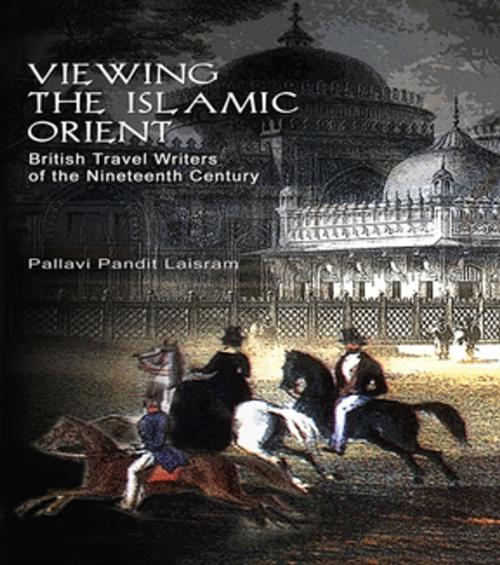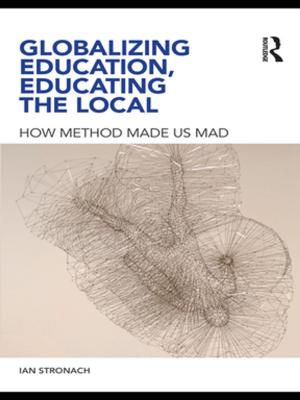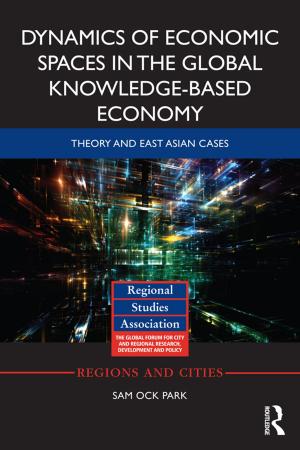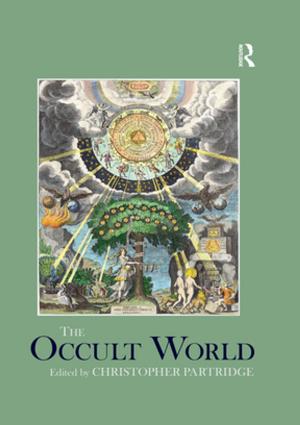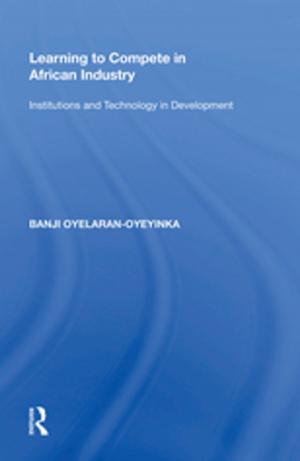Viewing the Islamic Orient
British Travel Writers of the Nineteenth Century
Nonfiction, History, Middle East, Fiction & Literature, Anthologies, Travel| Author: | Pallavi Pandit Laisram | ISBN: | 9781317809296 |
| Publisher: | Taylor and Francis | Publication: | July 11, 2014 |
| Imprint: | Routledge India | Language: | English |
| Author: | Pallavi Pandit Laisram |
| ISBN: | 9781317809296 |
| Publisher: | Taylor and Francis |
| Publication: | July 11, 2014 |
| Imprint: | Routledge India |
| Language: | English |
The Islamic Orient studies the travel accounts of four British travelers during the nineteenth century. Through a critical analysis of these works, the author examines and questions Edward Said’s concept of "Orientalism" and "Orientalist" discourse: his argument that the orientalist view had such a strong influence on westerners that they invariably perceived the orient through the lens of orientalism. On the contrary, the author argues, no single factor had an overwhelming influence on them. She shows that westerners often struggled with their own conceptions of the orient, and being away for long periods from their homelands, were in fact able to stand between cultures and view them both as insiders and outsiders.
The literary devices used to examine these writings are structure, characterization, satire, landscape description, and word choice, as also the social and political milieu of the writers. The major influences in the author’s analysis are Said, Foucault, Abdel-Malek and Marie Louise Pratt.
The Islamic Orient studies the travel accounts of four British travelers during the nineteenth century. Through a critical analysis of these works, the author examines and questions Edward Said’s concept of "Orientalism" and "Orientalist" discourse: his argument that the orientalist view had such a strong influence on westerners that they invariably perceived the orient through the lens of orientalism. On the contrary, the author argues, no single factor had an overwhelming influence on them. She shows that westerners often struggled with their own conceptions of the orient, and being away for long periods from their homelands, were in fact able to stand between cultures and view them both as insiders and outsiders.
The literary devices used to examine these writings are structure, characterization, satire, landscape description, and word choice, as also the social and political milieu of the writers. The major influences in the author’s analysis are Said, Foucault, Abdel-Malek and Marie Louise Pratt.
